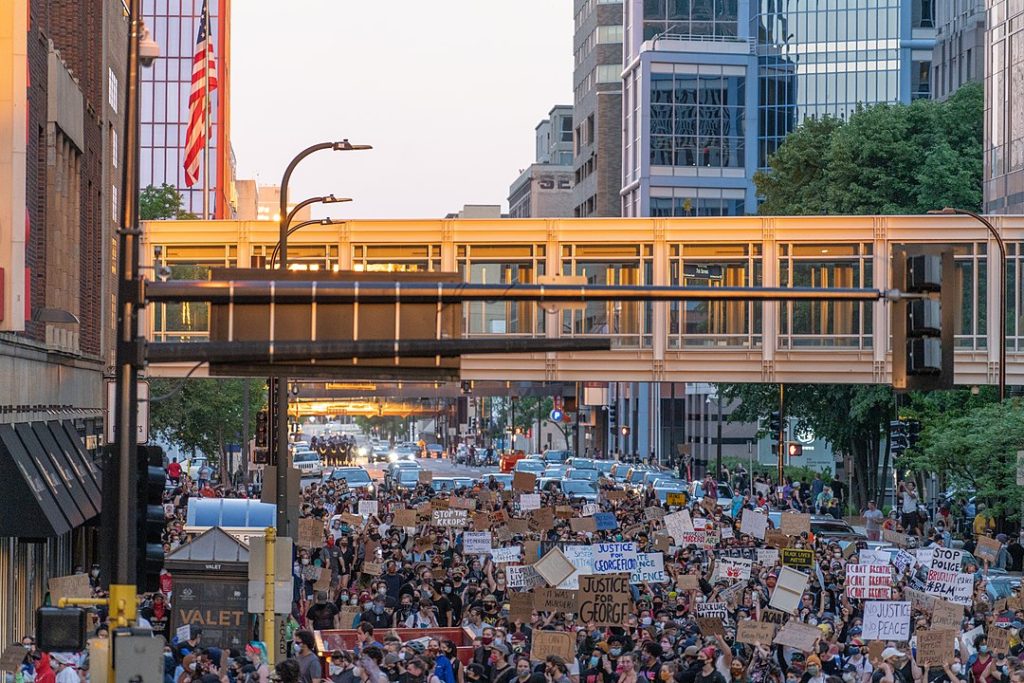Reductionism vs. Complexity in the United States on the Issue of Race
The United States has an undeniably serious problem with racism. No doubt about that. We've seen this with more clarity since the election of Donald Trump, as the bigots among us have been more ever more willing to openly judge others based on physical appearance. It has been distressing to see this. We need to shame these people and prosecute them to the extent that they break the law. To the extent that governments and their agents act with bigotry, including police officers, we need to push back with even more vigor.
But the United States is an extremely complex case, so it would be wrong to judge the U.S. on any one of its many dimensions as a proxy for all of its many dimensions. Andrew Sullivan reminds us of both this reductionism and this complexity in "Is There Still Room For Debate?" Here is an excerpt:
That America is systemically racist, and a white-supremacist project from the start . . . This is an argument that deserves to be aired openly in a liberal society, especially one with such racial terror and darkness in its past and inequality in the present. But it is an argument that equally deserves to be engaged, challenged, questioned, interrogated. There is truth in it, truth that it’s incumbent on us to understand more deeply and empathize with more thoroughly. But there is also an awful amount of truth it ignores or elides or simply denies. It sees America as in its essence not about freedom but oppression . . . This view of the world certainly has “moral clarity.” What it lacks is moral complexity. No country can be so reduced to one single prism and damned because of it. American society has far more complexity and history has far more contingency than can be jammed into this rubric. No racial group is homogeneous, and every individual has agency. No one is entirely a victim or entirely privileged. And we are not defined by black and white any longer; we are home to every race and ethnicity, from Asia through Africa to Europe and South America.And a country that actively seeks immigrants who are now 82 percent nonwhite is not primarily defined by white supremacy. Nor is a country that has seen the historic growth of a black middle and upper class, increasing gains for black women in education and the workplace, a revered two-term black president, a thriving black intelligentsia, successful black mayors and governors and members of Congress, and popular and high culture strongly defined by the African-American experience. Nor is a country where nonwhite immigrants are fast catching up with whites in income and where some minority groups now outearn whites. And yet this crude hyperbole remains . . .
The crudeness and certainty of this analysis is quite something. It’s an obvious rebuke to Barack Obama’s story of America as an imperfect but inspiring work-in-progress, gradually including everyone in opportunity, and binding races together, rather than polarizing them. In fact, there is more dogmatism in this ideology than in most of contemporary American Catholicism. And more intolerance. Question any significant part of this, and your moral integrity as a human being is called into question. There is little or no liberal space in this revolutionary movement for genuine, respectful disagreement, regardless of one’s identity, or even open-minded exploration.

